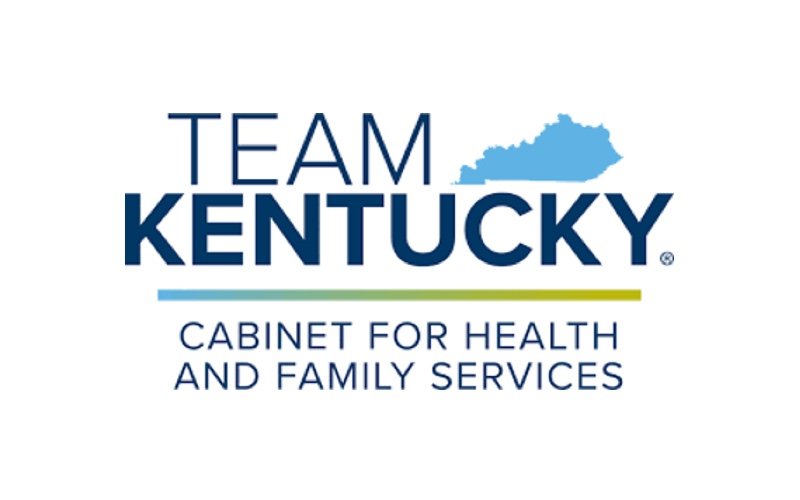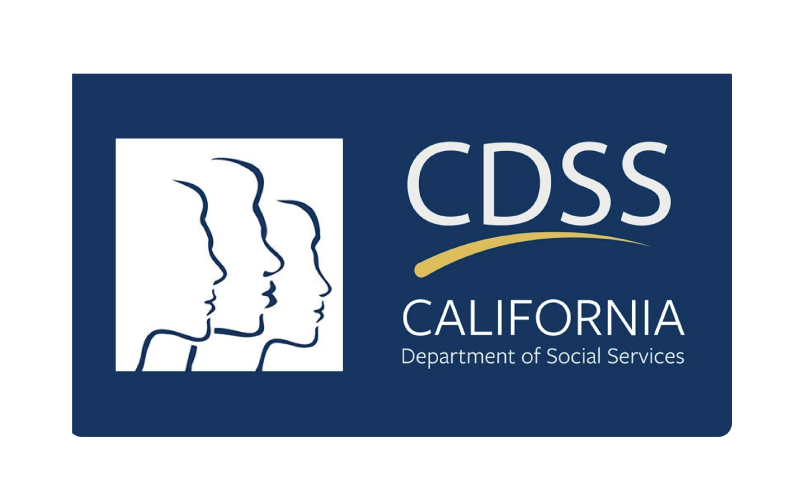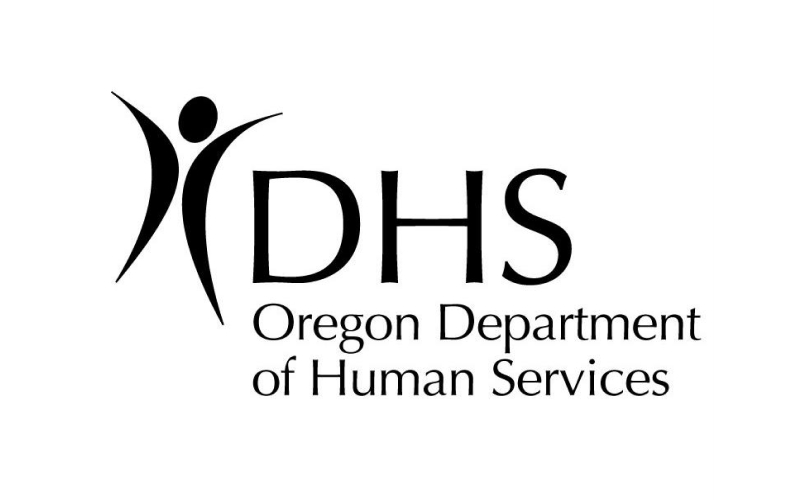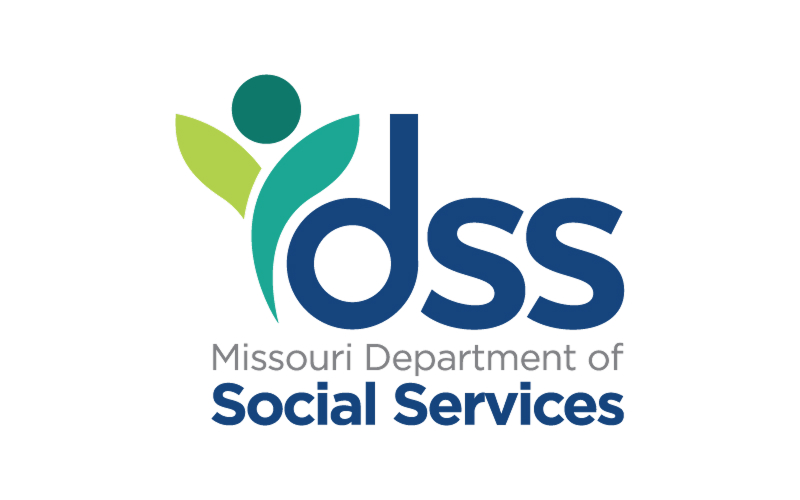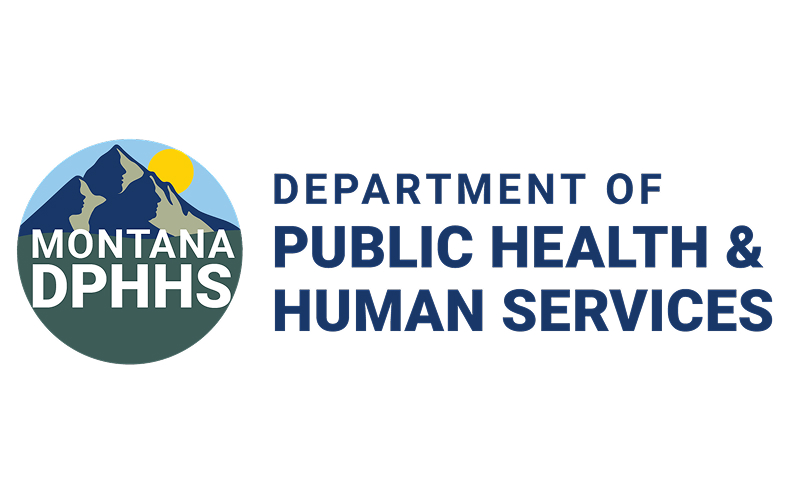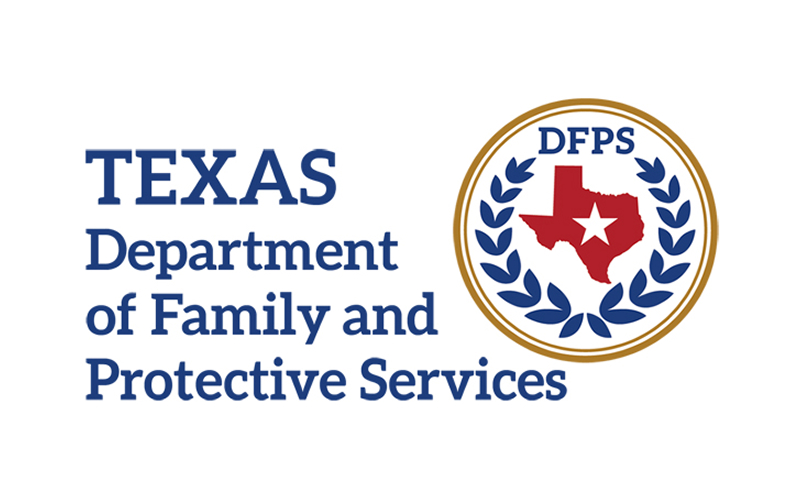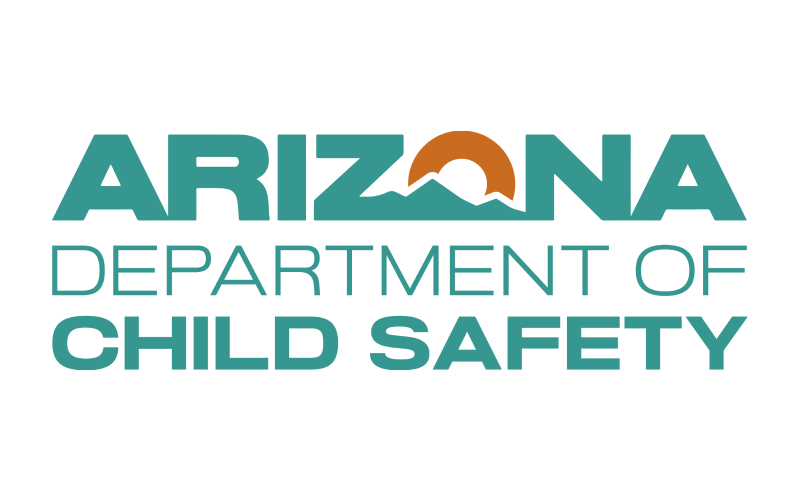Pre-Service Training
The State of Florida has a privatized system of service delivery. The Department of Children and Families (DCF) contracts with 16 Community-Based Care (CBC) agencies that provide a continuum of child welfare services, including all foster care and adoption services, either directly or by subcontract.
Each CBC is required to deliver a pre-service training to foster and adoptive parents that is approved by DCF. The CBCs can use any pre-service training that meets the requirement in state statute, with the most commonly used curricula being the Model Approach to Partnerships in Parenting (MAPP), Parent Resource for Information, Development, and Education (PRIDE), and the National Training and Development Curriculum (NTDC) for Foster and Adoptive Parents.
There is no additional training required for foster parents transitioning to adoption or guardianship.
Relative caregivers may complete the two-hour Caring for Children: Module 1 – 5 Training online. While relative caregivers have access to any of the approved trainings for caregivers, the Caring for Children training provides caregivers with a condensed overview of Florida's child welfare system.
Services Offered Through the State’s Post-Permanency Support Program
The state contracts with 16 Community Based Care (CBC) agencies across Florida to deliver child welfare services. State law requires each CBC to have at least one post-adoption specialist and to provide adoptive families with information and referral, temporary case management, support groups, and support for subsidy questions or concerns. Support for guardians is not outlined in law and varies by CBC. Some CBCs provide services directly, while others contract out their post-permanency services.
Services for adoptive families generally include the following at every CBC:
Some CBCs provide additional services directly or contract with private agencies to offer more comprehensive programs. Services may include:
DCF also contracts with Daniel Kids to operate Florida's Adoption Information Center, which offers the following post-permanency services:
Florida also directly provides the following services for adoptive families:
Many children receiving adoption or guardianship assistance benefits receive Medicaid services through Sunshine Health. For families who are eligible and choose Sunshine Health as their provider, Sunshine Health offers the following support services:
For more information, visit:
- Department of Children and Families —
http://www.adoptflorida.org/contactAdoptionSupportGroups.shtml
https://www.myflfamilies.com/services/child-family/child-and-family-well-being/community-based-care/lead-agency-information - Florida’s Adoption Information Center — https://www.floridasadoptioninformationcenter.com/
- Sunshine Health — https://www.sunshinehealth.com/members/child-welfare-plan/adoptive-families.html
Additional information about the services each CBC offers may be available on the CBC’s website. See Notes About Who Provides Which Service(s) below for a link to each CBC’s website.
Geographic Area Covered
State law requires each CBC to provide basic post-adoption services, either directly or through subcontract. These core services are available statewide. As noted above, however, some CBCs choose to provide additional services so there are some areas of the state with more robust post-adoption services.
DCF is working to develop a directory of vetted, adoption-competent services throughout the state and encouraging CBCs to expand their referral options and to offer virtual services to expand access in rural areas.
Eligible Population for the Overall Post-Permanency Program
Variations in Eligibility for the Post-Permanency Program
It is not required by law, but DCF encourages CBCs to serve all types of adoptive families and the CBCs are doing so. Services for guardianship families vary by CBC.
Sunshine Health's services are available only to families whose children are receiving Medicaid as part of their adoption or guardianship assistance agreement and who have chosen Sunshine Health as their managed care provider.
Florida's Adoption Information Center also serves pregnant people, adoptees, prospective parents, birth family members, and professionals.
Accessibility
The state provides support (such as interpretation services) to the CBCs to ensure they can serve families who speak languages other than English.
Outreach and Engagement
CBCs are required to contact families by phone or email one year after finalization to increase post-adoption support provided to adoptive families. The CBC files an annual report of whether the contact generated service requests, services offered, and services provided.
Most CBCs do additional periodic outreach, with each CBC having its own process and timelines for reaching out to families.
DCF conducts an annual survey of adoptive families, attorneys, guardians ad litem, pre-adoptive families, judges, and youth going through adoption process to gain insight about their experience, including what went well, and what areas need improving. As part of the survey outreach, DCF informs families about Florida's Adoption Information Center and asks if they know how to reach out for help.
The state also sends a survey to families who have requested post-adoption services to ask if they know how to reach how for help.
How the Post-Permanency Program Is Operated
Notes About Who Provides Which Service(s)
Post-permanency services are delivered by the CBC directly or by a CBC-subcontracted agency approved by DCF. Each CBC serves a specific geographical region as outlined below. In many cases, additional information on the CBC’s post-permanency program is available at the agency’s website.
- ChildNet, Inc. (https://childnet.us): Broward and Palm Beach Counties
- Children’s Network of Hillsborough (https://childrensnetworkhillsborough.org): Hillsborough County
- Children’s Network of Southwest Florida (https://childrensnetworkflorida.org): Charlotte, Collier, Glades, Hendry, and Lee Counties
- Citrus Family Care Network (https://www.citrusfcn.com): Dade and Monroe Counties
- Communities Connected for Kids (https://cckids.net): Indian River, Okeechobee, and St. Lucie Counties
- Community Partnership for Children (https://www.communitypartnershipforchildren.org): Flagler, Putnam, and Volusia Counties
- Family Partnerships of Central Florida (https://fpbrevard.org): Serves Orange, Osceola, Seminole, and Brevard Counties
- Family Support Services of North Florida (https://www.fssjax.org): Serves Duval and Nassau Counties
- Family Support Services of Pasco and Pinellas (https://fssc6.org): Pasco and Pinellas Counties
- Heartland for Children (https://heartlandforchildren.org): Hardee, Highlands, and Polk Counties
- Kids Central, Inc. (https://www.kidscentralinc.org): Citrus, Hernando, Lake, Marion, and Sumter Counties
- Northwest Florida Health Network (https://nwf.health.org): Escambia, Okaloosa, Santa Rosa, Walton, Franklin, Gadsden, Jefferson, Leon, Liberty, Wakulla, Bay, Calhoun, Gulf, Holmes, Jackson, and Washington Counties
- Partnership for Strong Families (https://www.psfs.org): Columbia, Dixie, Hamilton, Lafayette, Madison, Suwanee, Taylor, Alachua, Baker, Bradford, Gilchrist, Levy, and Union Counties
- Safe Children Coalition (https://sccfl.org): DeSoto, Manatee, and Sarasota Counties
- St. Johns County Board of Commissioners (https://www.sjcfl.us/departments/family-integrity-program): St. Johns County
The nonprofits below also provide post-permanency services under contracts with their local CBCs:
- Sylvia Thomas Center (Hillsborough County): https://sylviathomascenter.org/
- Camelot Community Care (Brevard, Charlotte, Collier, Glades, Hendry, and Hillsborough Counties): https://camelotcommunitycare.org/adoptionsp
Florida’s Adoption Information Center is operated through a contract with Daniel Kids.
Adoption/Guardianship Assistance/Subsidy Review and Changes
As part of the state's annual Title IV-E federal monitoring review, the state reviews a sampling of adoption and guardianship assistance cases and checks with families to determine if their circumstances have changed.
After the initial agreement is approved, adoptive parents and guardians may request to renegotiate their child's assistance rate due to increased needs related to a condition of the child that was identified as a current or future need prior to the adoptive placement or the circumstances of the family have changed in order to meet the child's increased needs.
The CBC where the family resides is responsible for managing adoption and guardianship subsidy.
Tracking Adoption/Guardianship Discontinuity
DCF tracks dissolutions of public agency adoptions and produces an annual report for the prior year. Staff review the reports to analyze the data by age, time since adoption, and reasons for dissolutions, and ask the CBCs to provide additional information about each case.
DCF also track disruptions that did not lead to an adoption finalization in the same report, with data provide for the current year.
Post-Permanency Program Spending (FY 2023)
Information not available.
Funding Sources for the Post-Permanency Program (FY 2023)
Funding sources include (but are not limited to):
- Title IV-E waiver
- Adoption savings
- State funds



